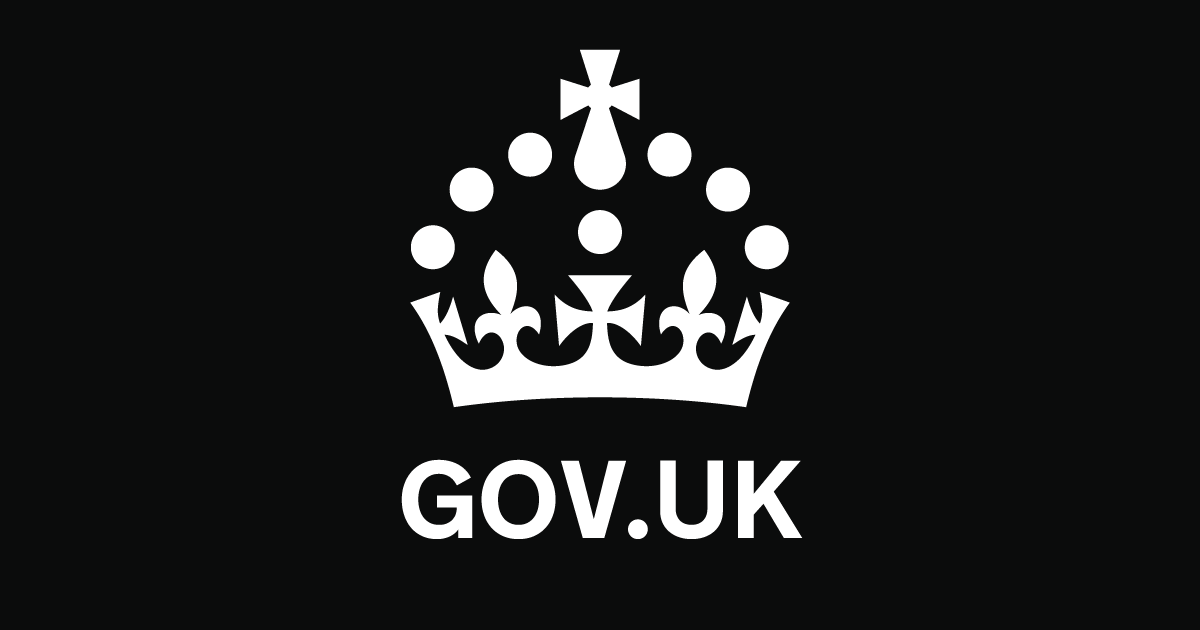Lots of philosophy coming into play here now. "Who are we to judge how other people go birding?"

Long ago, when I had the Cork-Dudeing Blog active, I wrote a field guide to the various types of birders out there. I felt it was time to r...

helhathnobirdies.blogspot.com
The two viewpoints seem to be
A. It's ok to go about it any way you want. You can be a robin stroker, misidentifying everything, feeding the ducks down the park as long as you enjoy it. Objectively true.
B. You must be competent. You must learn. You make the effort. Be a proper birder. Know why the gull you're looking at is a Caspian. Maybe find your own good birds now and again etc etc. Not a bad idea. Good to be able to contribute birds back if others are finding stuff for you etc.
There's nothing wrong with A....so long as you exist only in your A venn diagram circle. The second A decides they've seen a Caspian Gull and tries to inform those in B. Is where problems can arise. Bs are never happy if they drive over to A. To find they've wasted their time. Nothing necessarily wrong with that either. As should develop some cop on in that scenario.
You should ideally have a cycle then, where As can learn from Bs to become Bs, and pass on knowledge to As in the future (which is somewhat the crux of the OP).
I'm in the B camp. Happy to teach As. Have often tried to help younger birders out with lifts, gen, ID help etc.
I often wonder now though, if the focus has shifted entirely.
I worry that perhaps the media portrayal of birding focuses on the....shall we say "whackier" elements out there? Don't think I have seen a birding documentary or article in many years which wasn't centered around birders with Autism, Asperger's, some other mental/behavioural condition or ones who may be outrightly nuts. These are what seem to capture the imagination of the general public now.
Consequently, certainly in an Irish context, I see a SIGNIFICANT proportion of younger birders coming through (and there aren't many) who clearly have such issues.
When I started out birding, there were maybe 7-8 younger guys in our generation of birders, and none had any obvious mental health issues (though one or two in the older gen obviously did).
Are we portraying birding as the refuge of the weird?
There are, to my mind, a reasonable amount of well educated, sensible (relatively), competent (relatively) birders who just like to watch birds, find birds and have pint at the end of the day, but obviously this isn't juicy enough for the media to highlight.
I genuinely think that perhaps the wrong impression of the past time is put out there which could send such people running for the hills, changing the demographics over time.
Owen














